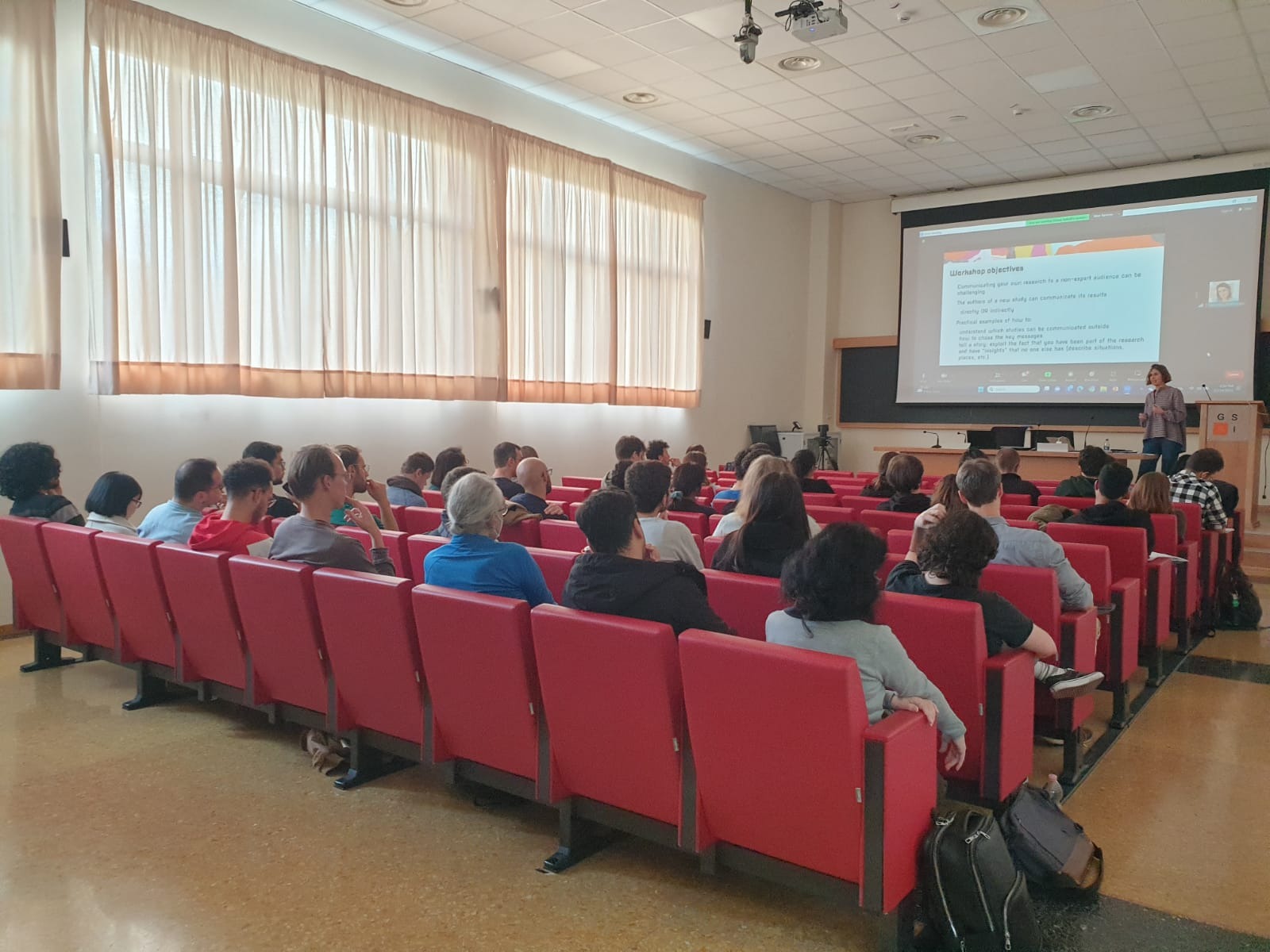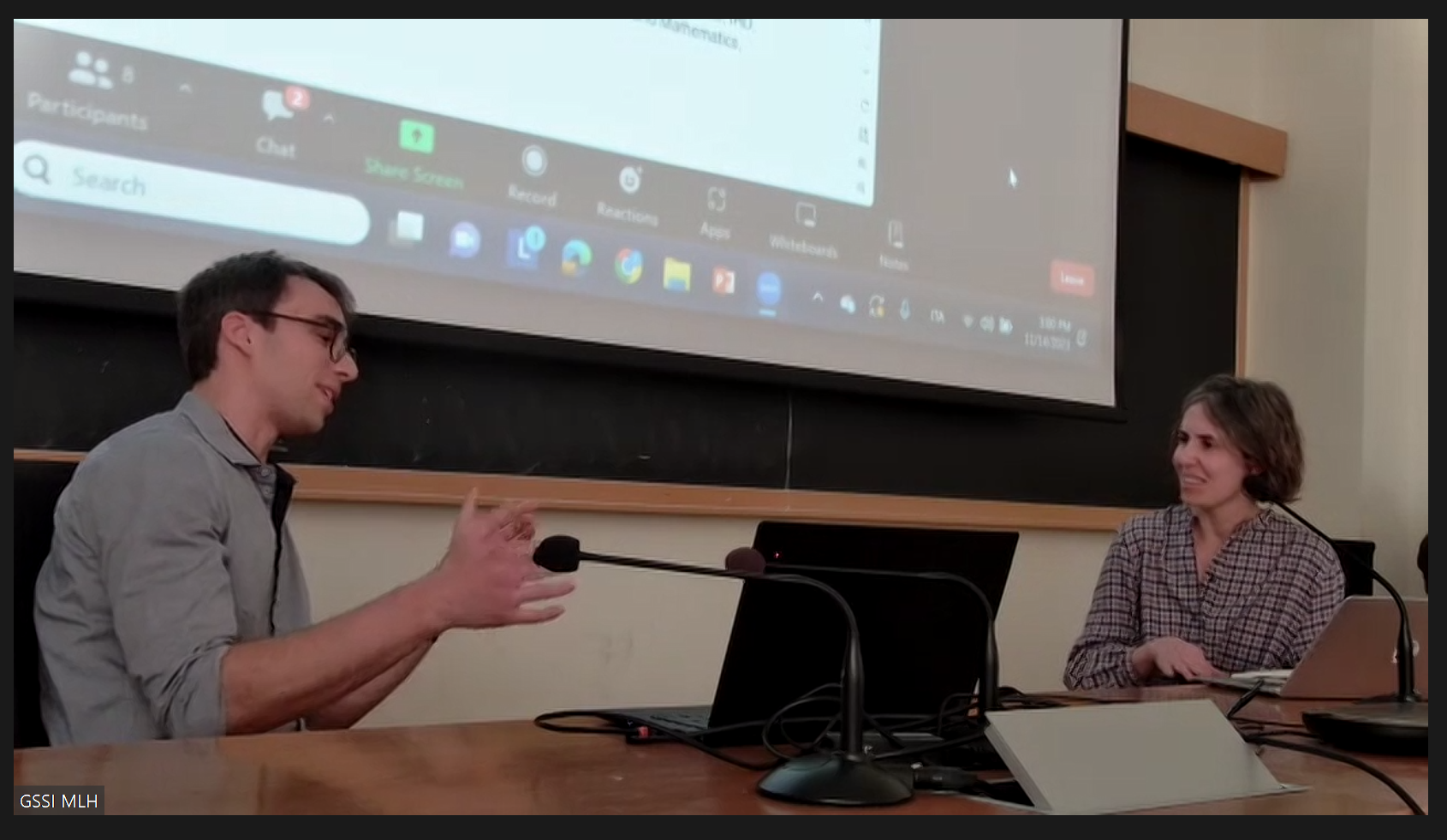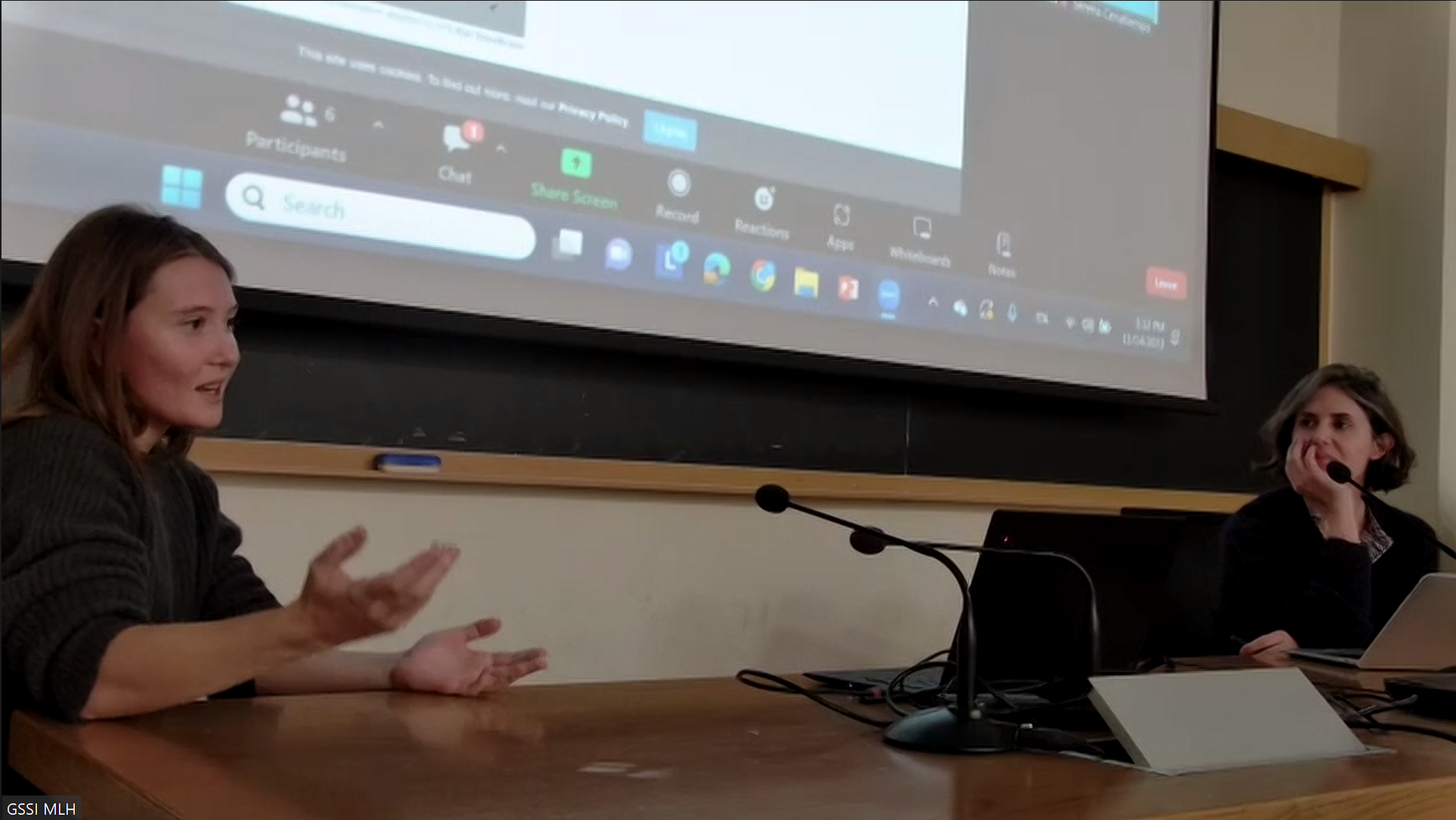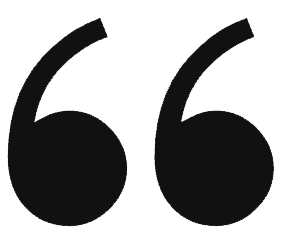Communicating your research to a non-expert audience: writing and speaking tools
Duration. 6 hours over three days.
Target institution. I gave this course in November 2023 to the PhD students of the Gran Sasso Science Institute, an international school for advanced studies located in L'Aquila (Italy). More information here.
Summary. Speaking about science and scientific research to a non-expert audience can be challenging. This is especially true when you want to communicate your own research, in which you have immersed for months, if not years, and have so far talked about only with interested and competent colleagues. Accurate language selection, careful choice of the most important aspects of the scientific study, and a more nuanced knowledge of the target audience are key elements for a successful communication.

Researchers can enter the communication cycle at different points and with different roles. They can address directly the audience, or they can talk about their work to intermediaries, such as science journalists or communication officers. During this six-hour workshop, participants will engage in different type of communication activities, with simulated oral interviews and a writing exercise. The workshop is aimed at scientists with wide-ranging experience, from PhD students to senior researchers.
Simulated interviews and writing assignment (day 1)
I interviewed three GSSI researchers on a paper they recently co-authored. Each interview lasted 30 minutes and there were 10 minutes left for the discussion. The three interviewees belonged to different scientific area, economics, mathematics and physics.
At the end of the interviews, I gave to the students instructions for writing a short article describing one among the three papers. They were asked to consider The Conversation as the outlet for the publication of their article.


An editing example and some inspiring articles (day 2)
I discussed an article written by researchers describing a study they led for the Italian popular science magazine Scienza in rete. I discussed with them the structure, language and message of the initial draft and how the editing process changed them. This was intended to guide the students in their writing assignment.
Discussion of the writing assignment (day 3)
I discussed the articles written by the participants highlighting the common features, both positive and negative. I showed them and discussed an edited version of their articles.

feedback from course participants
Overall, I found the course to be quite valuable. The activities implemented throughout the course were interesting and dynamic, keeping the learning experience engaging. One particular aspect I found beneficial was the interaction with colleagues from diverse fields. The writing exercise, conducted in a team setting, was a key highlight for me. It not only encouraged teamwork but also facilitated meaningful discussions and mutual feedback.
I have really enjoyed the course because it was interactive. I found the teaching methods eective. I wouldappreciate if this could start a series of short courses on science commuication, focusing on different aspects such as interviews, articles, and social media.